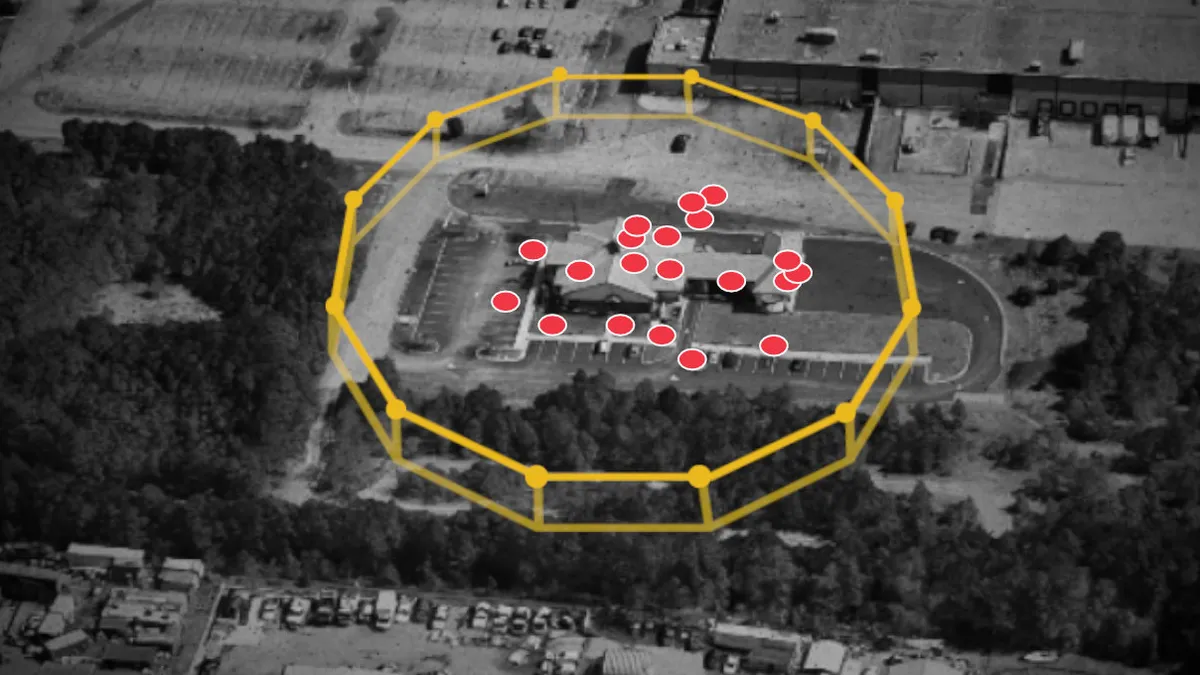“We hold that geofence warrants are modern-day general warrants and are unconstitutional under the Fourth Amendment.”
This was the final opinion of the Fifth Circuit Court of Appeals on a 2018 case revolving around the use of geofence warrants by law enforcement.
The decision, which was just filed August 9th, is a significant victory in the ongoing efforts to preserve Fourth Amendment rights in the digital age and couldn’t be more timely as the Fourth Circuit Court of Appeals just ruled in the opposite direction exactly one month ago on a different case also involving geofence warrants.
The controversial investigative technique, also known as a reverse-location search, utilizes the location data of a person’s device to reveal their identity. To some, this practice might sound like the silver-bullet to catching unidentified criminals, but to many others it’s yet another form of surveillance technology that poses a very real threat to the lives of Americans.
Popularity among law enforcement agencies for geofences has been growing at an incredibly alarming rate. The Fifth Circuit’s opinion highlights that requests for reverse-location searches made to Google — the primary recipient of such requests — have jumped from 9,000 in 2019 to 11,500 in 2020. By 2021, more than 25% of all warrant requests received by Google were geofence warrants.
All the while, only one state legislature has taken action on the matter: Utah. In 2023, Representative Wilcox sponsored HB57 which accomplished a number of things, including:
- Establish a warrant requirement for reverse-location data based on probable cause to believe that evidence of a crime will be found within the geofence and within a specified period of time
- The provision of a visual map of the geofence and notice informing a judge of the broad nature of the search, including how innocent people’s data will be captured within the results
- Require annual reports on any geofence warrant requests and approvals as well as reporting on how the data was used
Up until now, Utah has led the way in a legal environment akin to the wild west when it comes to regulating this particular form of government surveillance. Now that an even more hardline stance has been issued by judges on a federal court, other legislatures might consider taking similar measures to protect the rights of their constituents.
Some critics argue that these protections will keep law enforcement from a powerful tool that could help them solve crimes. Judge James C. Ho directly addresses this in his concurring opinion:
“[H]amstringing the government is the whole point of our Constitution…Our decision today is not costless. But our rights are priceless.”
Libertas Institute applauds the Fifth Circuit’s decision to uphold the Fourth Amendment of the Constitution and recognize the unconstitutionality of these modern-day general warrants.
Geofence warrants are an issue that Libertas Institute has researched extensively and we stand ready to help your state pursue this opportunity. For groups or legislators in other states looking to work on this issue, we’d love to help!



